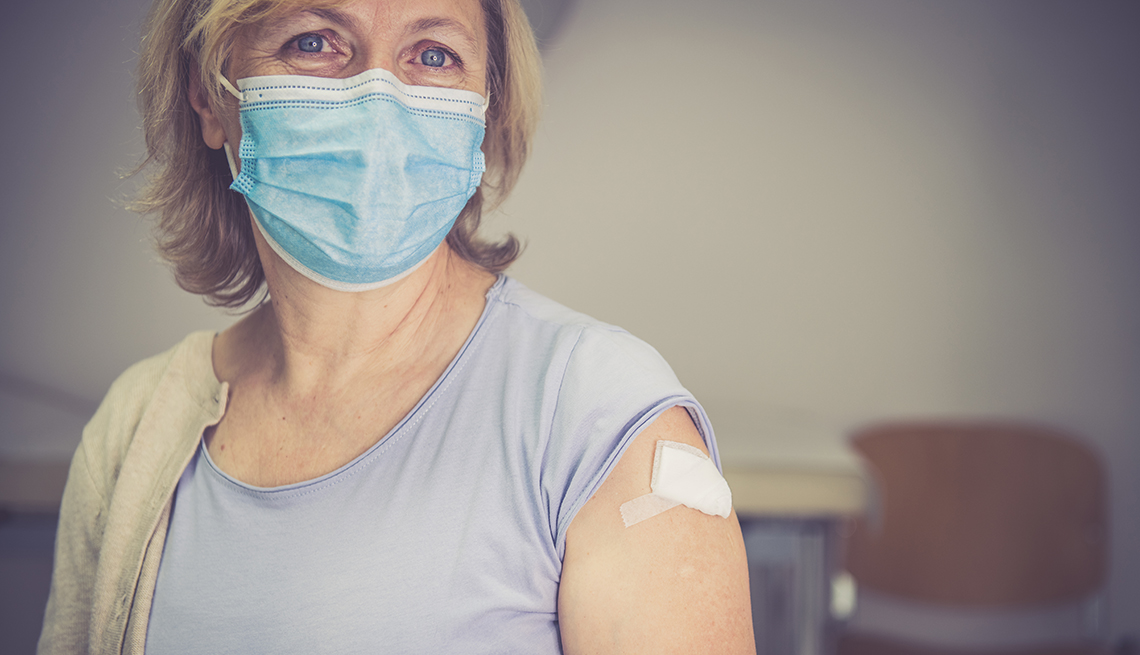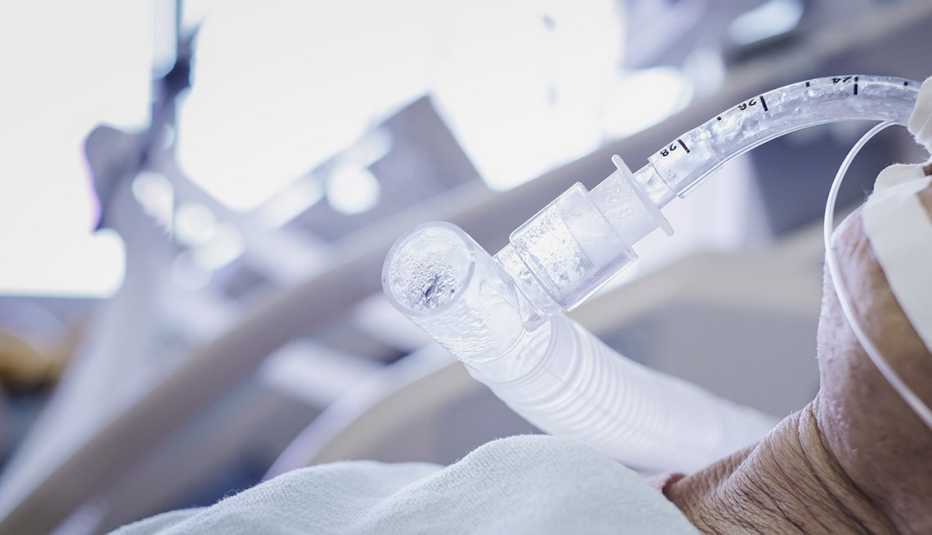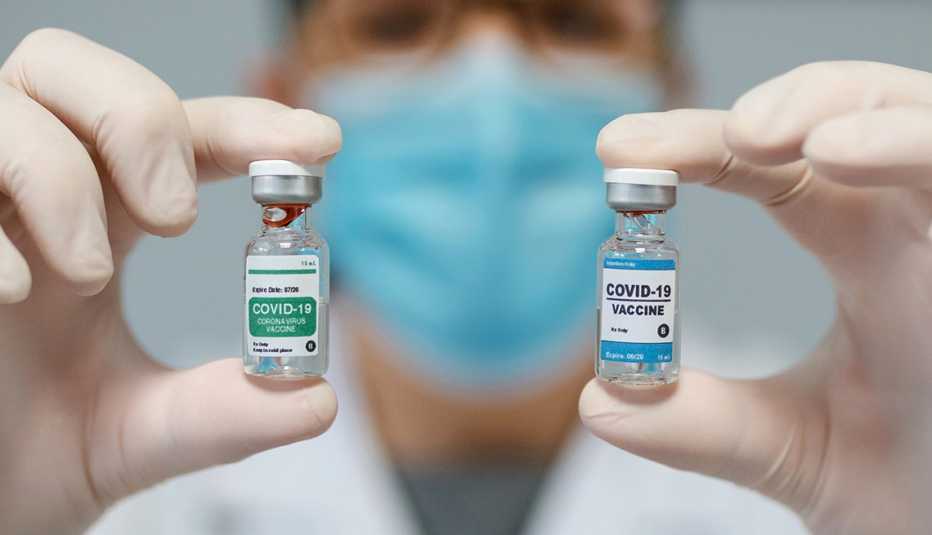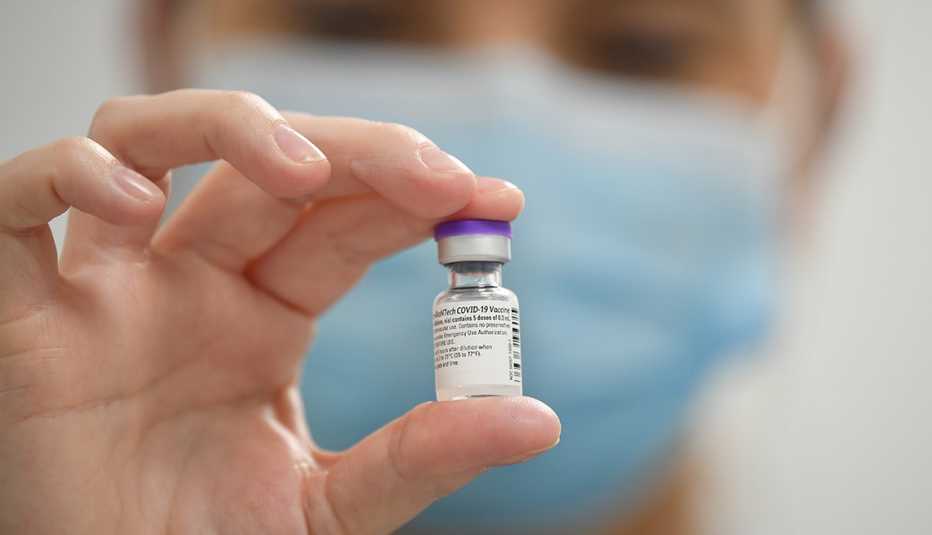AARP Hearing Center
The day after Ronni Loundy got her second dose of the Moderna COVID-19 vaccine, she could barely get out of bed.
Her husband, Marc, who was immunized at the same time, barely felt a thing, and Loundy was astounded when he headed out to play golf.
"I'm in bed with a 101-degree fever and the chills and the yuckiness and the whole thing, and he's out playing golf,” says Loundy, 71, of Sarasota, Florida.
Loundy isn't the only one noticing a gender difference. Data from the Centers for Disease Control and Prevention (CDC) shows that many more women than men are experiencing side effects after getting the COVID-19 vaccine.
In the first month of COVID-19 vaccinations, more than 79 percent of vaccine side effects were reported by women, even though women received just about 61.2 percent of the doses, the data shows.
In addition, severe allergic reactions to the vaccines have mostly occurred among women. Although the reactions are extremely rare, all 19 reported anaphylactic reactions to the Moderna vaccine occurred in women, and women accounted for 44 of 47 anaphylactic reactions to the Pfizer-BioNTech vaccine, CDC data shows.
Men may not report side effects
Doctors and gender experts say they aren't surprised that women have had stronger reactions.
"We have seen this before,” says Megan Donnelly, a doctor of osteopathic medicine and head of women's neurology and the headache center at Novant Health in Charlotte, North Carolina. “If you look at flu vaccine data, it was more women seeing more side effects and severe reactions."
Experts say it's possible men are less likely than women to report post-vaccine reactions because masculine stereotypes call for men to be stoic.






































































